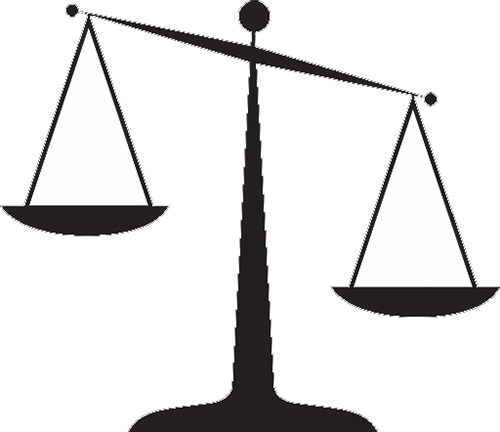
Two weeks ago, in Parshat Shemini, we learned of the tragedy that occured with Aharon’s two oldest sons, Nadav and Avihu, who without any permission entered the Kodesh Kodashim performing an unauthorized service there, and as a result were punished with death. The first two pesukim in Parshat Acharei read: 1) וַיְדַבֵּ֤ר ה’ אֶל־מֹשֶׁ֔ה אַחֲרֵ֣י מ֔וֹת שְׁנֵ֖י בְּנֵ֣י אַהֲרֹ֑ן בְּקָרְבָתָ֥ם לִפְנֵי־ה’ וַיָּמֻֽתוּ—“And Hashem spoke to Moshe after the death of Aharon’s two son, when they came before Hashem, and died.” 2) וַיֹּ֨אמֶר ה’ אֶל־מֹשֶׁ֗ה דַּבֵּר֮ אֶל־אַהֲרֹ֣ן אָחִיךָ֒ וְאַל־יָבֹ֤א בְכָל־עֵת֙ אֶל־הַקֹּ֔דֶשׁ—“And Hashem said to Moshe, ‘Speak to Aharon, your brother, that he not come at any time into the sanctuary, within the curtain’ (i.e., the Kodesh Kodashim)…” (This second pasuk means that Aharon should not come at any other time other than the time he is actually supposed to, which is when he performs the Yom Kippur service.)
The question is, why is the first pasuk necessary? It seems completely extraneous! The Ohr Hachaim explains that whereas the second pasuk is Hashem telling Moshe what to tell Aharon, the first pasuk is really Hashem sending a critical warning to Moshe himself, and that the content within that pasuk regarding what happened to Nadav and Avihu was the warning Hashem was giving Moshe. Why was such a warning necessary? Ohr Hachaim answers that since Moshe was outstandingly close to Hashem and had a uniquely close relationship with Him, Moshe may therefore have felt that he was capable of entering the Kodesh Kodashim. Hashem, by personally telling Moshe about what happened to Nadav and Avihu, was essentially warning Moshe so that he would not come to actualize this error in thinking. Ohr Hachaim asks further, even if we grant that, wouldn’t it suffice for Hashem to tell Moshe to warn Aharon about not entering the Kodesh Kodashim without permission (which is the second pasuk), and Moshe would have simply deduced that he also should not enter the Kodesh Kodashim without explicit permission? We still shouldn’t need the first pasuk of Hashem warning Moshe directly! Ohr Hachaim explains that even if Hashem would tell Moshe to warn Aharon, it still wouldn’t be enough of a strong message for Moshe, and therefore Hashem had to warn Moshe directly.
Moshe Rabbeinu, even though he witnessed the death of Nadav and Avihu, nevertheless may have violated the transgression of entering the Kodesh Kodashim despite knowing full well what happened to Nadav and Avihu as a result. And even though Moshe was to tell Aharon about the punishment for such a transgression, he still may have nevertheless entered the Kodesh Kodashim without permission. Why? Ohr Hachaim is teaching us that this is because Moshe was on such a great spiritual level and attained a level of closeness to Hashem that was in some respect higher than others. Because of that, he could have potentially transgressed, despite knowing full well of the consequences that occurred and will occur to others who transgress.
We can ask on Ohr Hachaim: Shouldn’t the fact that Moshe was outstandingly great be a reason that he wouldn’t enter without permission? Shouldn’t his uniquely great spiritual level be a reason why he would be more cautious to not enter? Why then did he need a personal warning from Hashem to not enter without permission? Perhaps we can explain that Ohr Hachaim is teaching us that, on one hand, a high spiritual level will naturally enhance a greater caution to not violate Hashem’s Will, yet there is also a diametrically opposed nature that is borne from a high spiritual level that is that one may come to be less cautious. While on one hand such a person will be more aware to upkeep proper behavior, simultaneously one can also come to think that he is above the laws and norms of behavior and religious practice. This is thus perhaps why Moshe needed a personal warning despite his overwhelming spiritual caliber.
Many times we conquer certain obstacles, achieve great accomplishments, and soar to tremendous spiritual levels. Ohr Hachaim is teaching us that it’s exactly in those times where we may need to be conscious of our self-perceptions so we don’t thus come to believe that we are above the law.
Binyamin Benji is a graduate of Yeshivat Rabbeinu Yitzchak Elchanan and Wurzweiler School of Social Work. He can be reached at [email protected].













